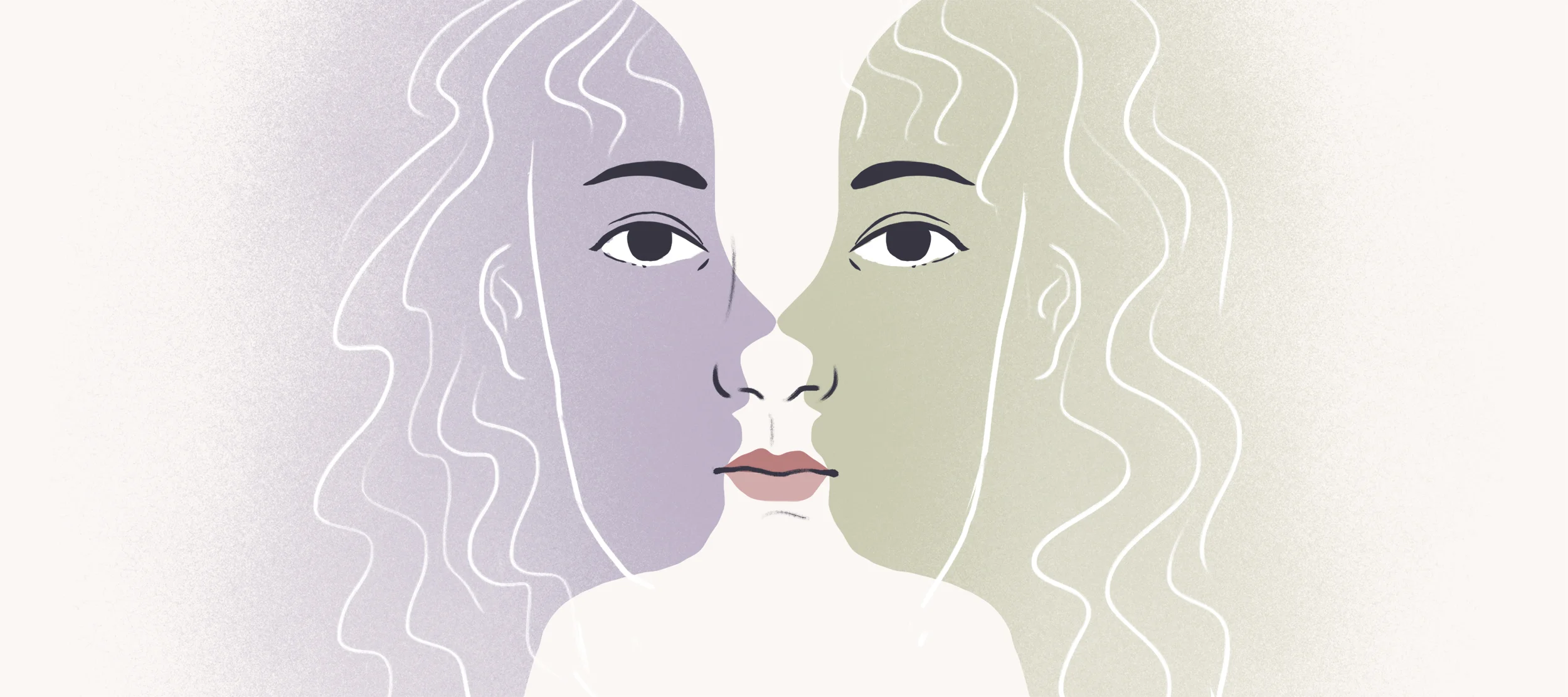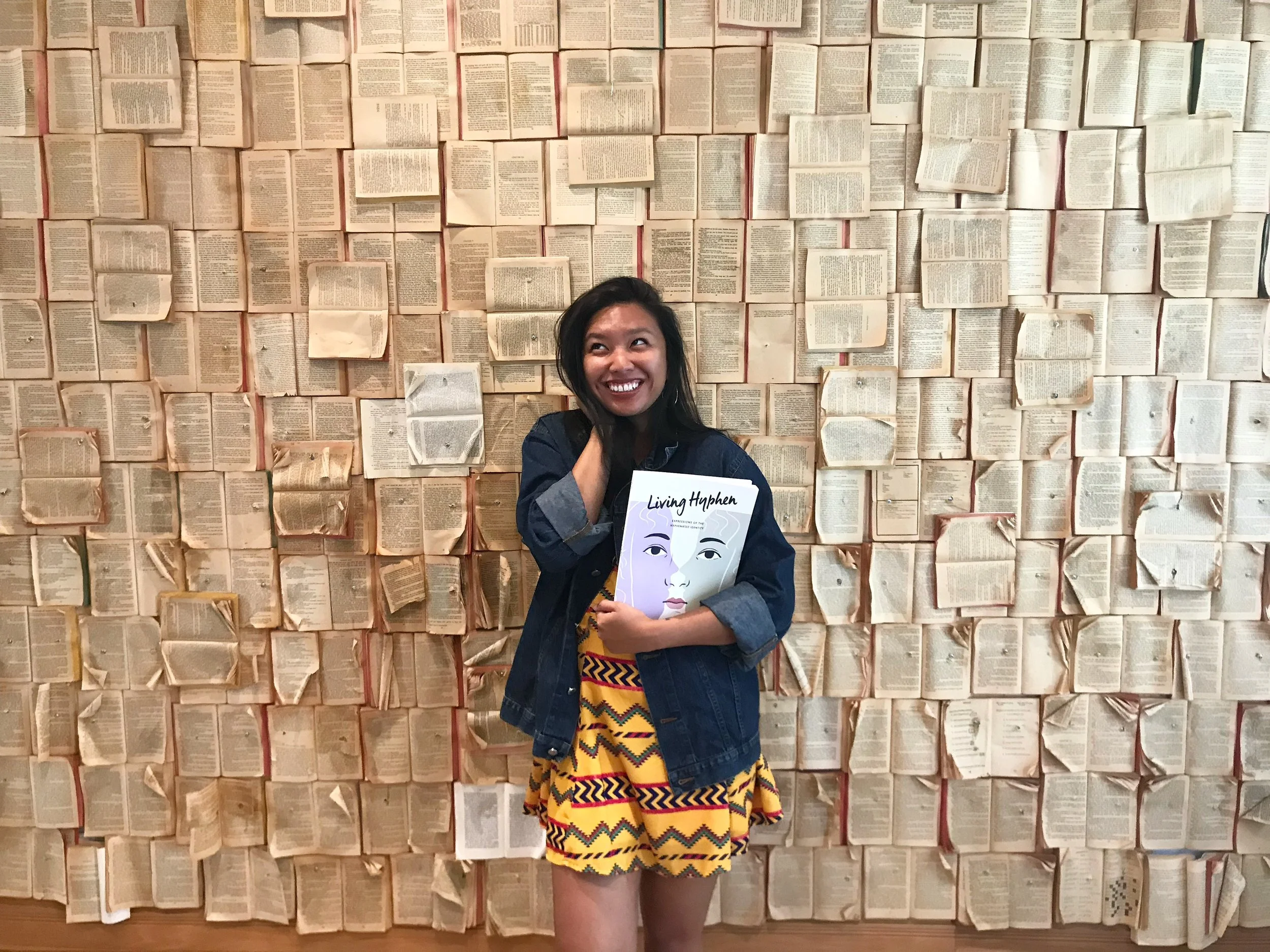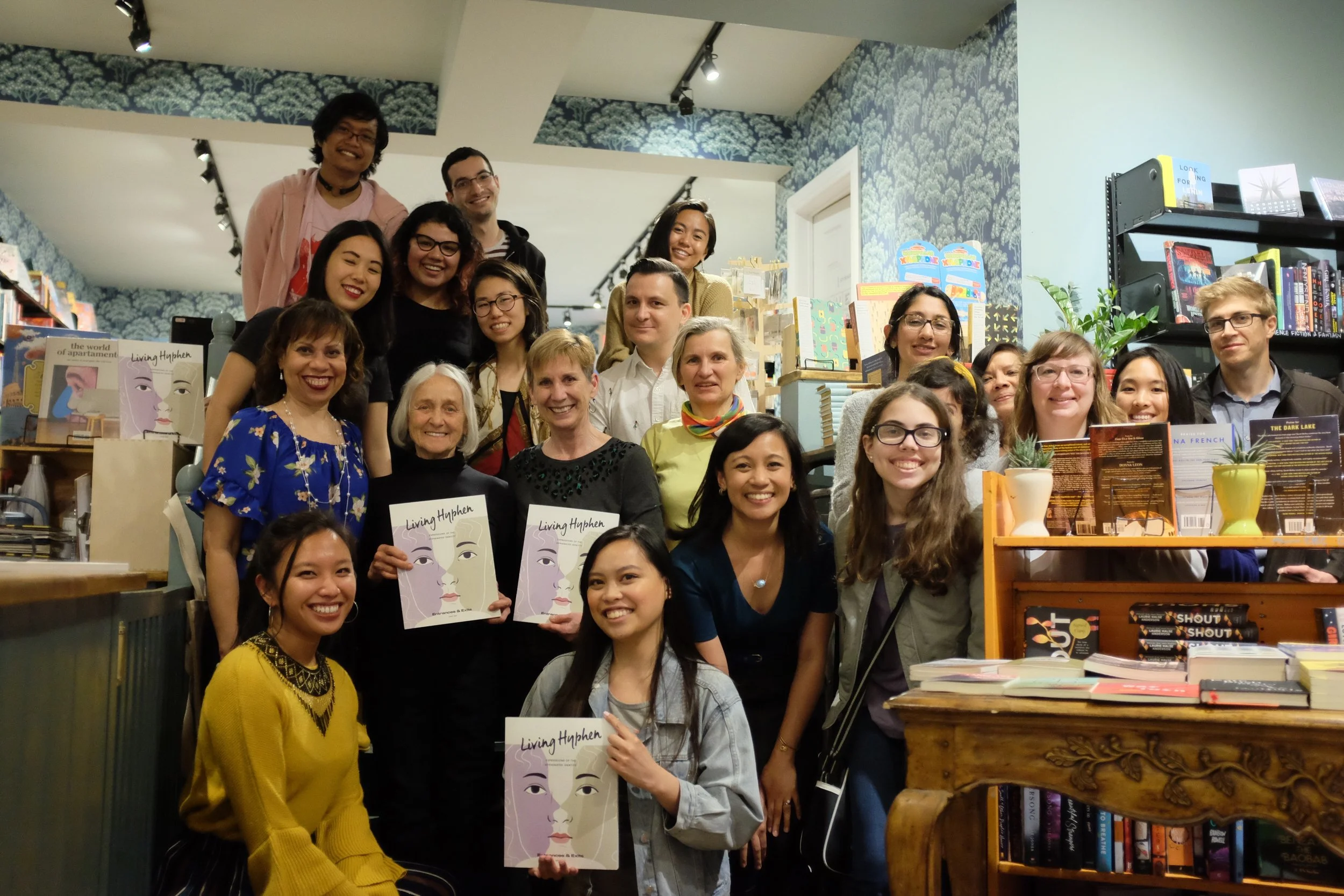Yesterday our work at Living Hyphen was featured on the latest episode of Dual Citizen — a mini documentary series exploring eureka moments within the Filipino diaspora. Through conversations with community leaders, artists, entrepreneurs, educators, and culture changers, Dual Citizen examines the power that comes from embracing dual identities — and how this translates to our respective creative and community work.
There is one part to this episode that I want to address directly because it has not been sitting right with me. When Dual Citizen asks me about the most surprising story that’s in our magazine, I talked about one of the submissions from a man of Plains Cree and Métis descent who described his experience of living in between cultures despite being Indigenous to this land. I said, “For him, being an Indigenous person here in Canada has almost felt like a diasporic experience because of the displacement that [the Indigenous community] has felt.”
I cringe when I hear myself say that. I cringe at this segment of the episode because I feel that my words downplay the experiences of Indigenous nations against violent colonial forces. So let me be clear now. It is not merely a displacement that “they felt”. It is not simply a felt experience, but an intentional, systematic, and violent destruction and theft of their peoples, cultures, and land.





